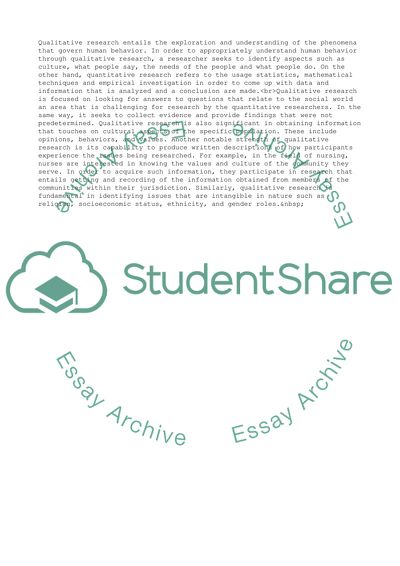Cite this document
(Qualitative and Quantitative Research Methods of Supply Chain Paper, n.d.)
Qualitative and Quantitative Research Methods of Supply Chain Paper. Retrieved from https://studentshare.org/business/1760485-research-methods-of-supply-chain-management
Qualitative and Quantitative Research Methods of Supply Chain Paper. Retrieved from https://studentshare.org/business/1760485-research-methods-of-supply-chain-management
(Qualitative and Quantitative Research Methods of Supply Chain Paper)
Qualitative and Quantitative Research Methods of Supply Chain Paper. https://studentshare.org/business/1760485-research-methods-of-supply-chain-management.
Qualitative and Quantitative Research Methods of Supply Chain Paper. https://studentshare.org/business/1760485-research-methods-of-supply-chain-management.
“Qualitative and Quantitative Research Methods of Supply Chain Paper”, n.d. https://studentshare.org/business/1760485-research-methods-of-supply-chain-management.


